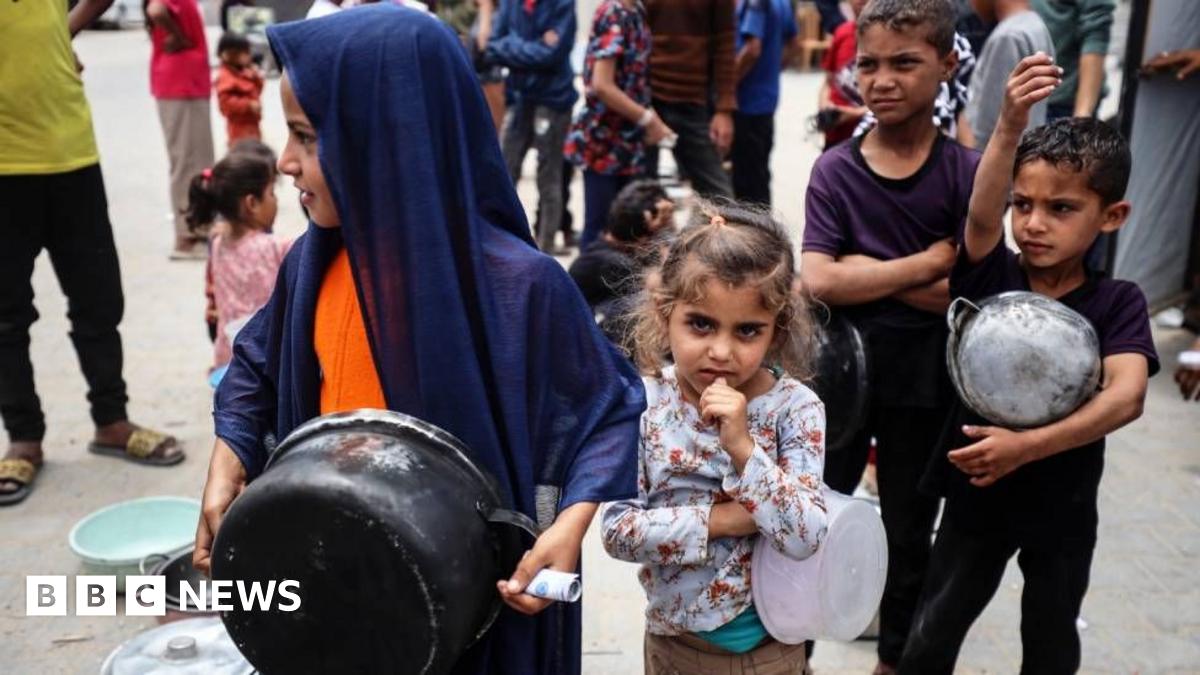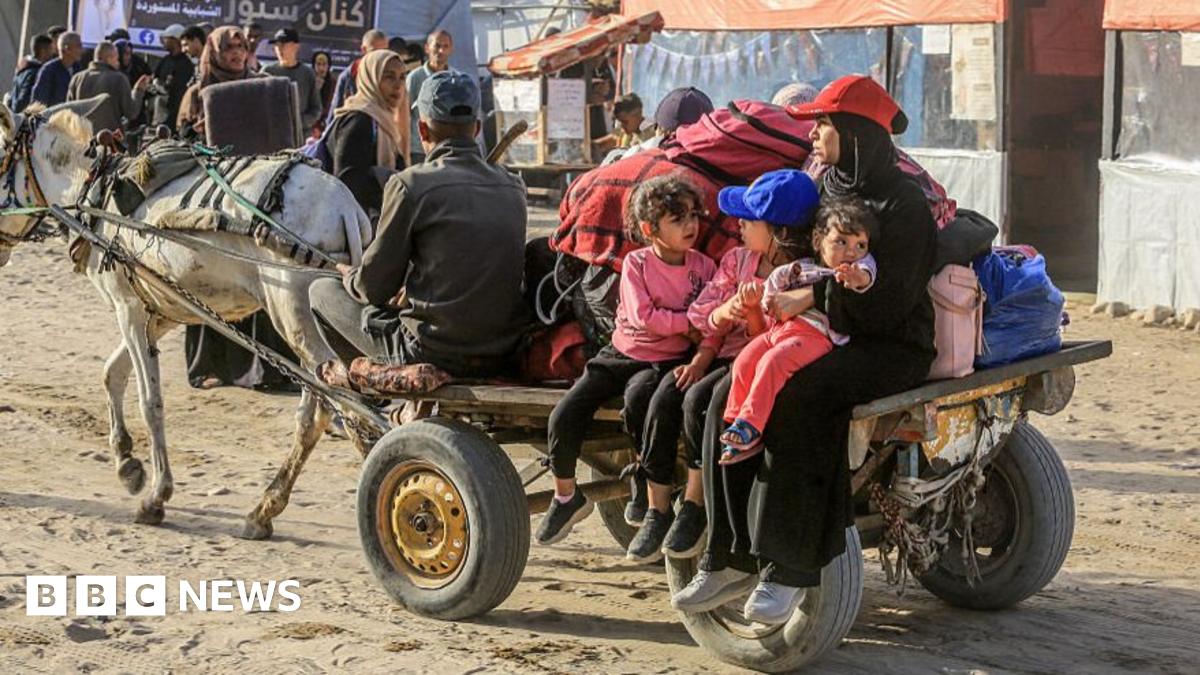Gaza Aid Still Insufficient: Residents Say Current Relief is 'A Drop in the Ocean' Despite Blockade Easing

Despite a recent easing of the blockade by Israel, the humanitarian situation in Gaza remains dire, with residents reporting that the influx of aid is far from meeting their basic needs. While over 100 aid trucks have crossed the border this week, the reality on the ground paints a picture of continued scarcity and growing desperation.
The BBC spoke to Gazans, including local business owners and families, who described the current level of assistance as woefully inadequate. A local baker, speaking on condition of anonymity, highlighted the critical shortage of essential supplies, stating they only have enough flour to continue baking for a mere two days. This illustrates a broader problem: many essential goods are running dangerously low, threatening the livelihoods of those who depend on them and the ability of residents to feed themselves.
The Scale of the Crisis
The Gaza Strip, home to over two million people, has been facing a severe humanitarian crisis for years, exacerbated by ongoing conflict and restrictions on movement. The recent hostilities have further compounded the challenges, damaging infrastructure and disrupting supply chains. The easing of the blockade, while a welcome step, has not been enough to address the immense scale of the need.
Humanitarian organizations have consistently warned that the amount of aid entering Gaza is a fraction of what is required to sustain the population. The UN estimates that hundreds of thousands of people are facing acute food insecurity, and the lack of clean water, medicine, and essential services is creating a public health crisis.
Beyond Flour: A Cascade of Needs
The baker's concern about flour is just one symptom of a much larger problem. Residents also report shortages of vital medicines, fuel for hospitals and power generators, and building materials to repair damaged homes. The lack of these basic necessities is impacting every aspect of life in Gaza, from healthcare and education to sanitation and economic stability.
“We appreciate the aid that is coming in, but it’s simply not enough,” said a resident of Rafah, one of the areas most affected by recent fighting. “We need a sustained and significant increase in the flow of aid to meet the needs of the people.”
The Road Ahead: Sustainable Solutions Needed
While the easing of the blockade is a positive development, it is crucial that it is accompanied by a long-term commitment to addressing the underlying causes of the humanitarian crisis in Gaza. This includes ensuring unrestricted access for humanitarian organizations, facilitating the import of essential goods, and investing in the reconstruction of infrastructure.
The international community has a responsibility to provide sustained support to the people of Gaza and to work towards a lasting solution that ensures their safety, security, and well-being. The current situation is unsustainable, and further action is needed to prevent a deepening humanitarian catastrophe. Simply put, the current aid efforts, while appreciated, are just a drop in the ocean of what’s needed to alleviate the suffering of the people of Gaza.






